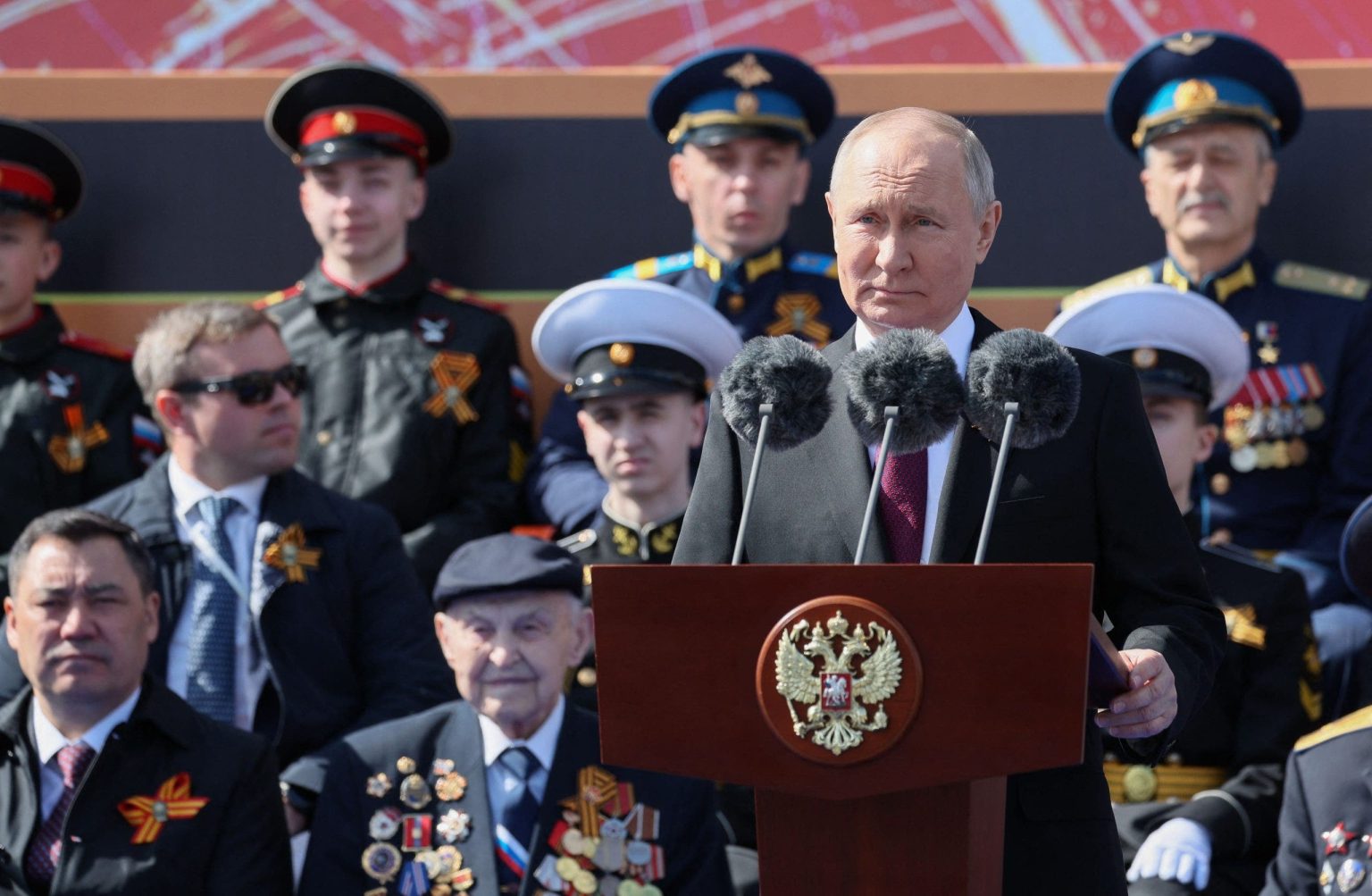Russia is increasingly turning to artificial intelligence (AI) to address deficiencies in its battlefield capabilities and capacities that have been exposed by the invasion of Ukraine, according to experts. Samuel Bendett, an adjunct senior fellow at the Center for a New American Security, argues that Russia’s focus on AI could lead to taking greater risks as it seeks to catch up with the West. The integration of AI systems with Russia’s nuclear command is a top priority for the country, as it seeks to use AI for data collection, analysis, and ultimately decision-making, including the deployment of nuclear weapons.
One of the concerns regarding Russia’s use of AI is the integration of such systems with its nuclear command, with the goal of using AI for data analysis and decision-making. This could potentially help Russian officials in making crucial decisions if the political leadership is incapacitated. A system called Perimeter, which is an automatic nuclear weapons control system from the Cold War remains functional today, indicating Russia’s preference for semiautomatic systems to handle the pressure and stress of decision-making during critical situations.
Bendett outlines several factors that could impede Russia’s development and adoption of AI technology, such as the exodus of tech personnel at the start of the Ukraine invasion, lack of access to parts and data, and the impacted economy. He suggests that Russia’s desperation to keep up with the West could lead to leaning on China for support in filling the gaps in development. Despite Western sanctions and export controls, Russia may still be able to acquire necessary technologies through willing partners or those who are unaware of certain transactions.
According to strategic military intelligence analyst Rebekah Koffler, AI remains one of Putin’s top priorities, with annual reports on progress in development and implementation. Putin views AI as a critical technology with the potential to control the world, expressing concern that Western values could dominate if the West leads in AI development. He considers AI to be analogous to nuclear weapons, with the potential for immense danger if not managed properly. Koffler notes that Putin has indirectly acknowledged the U.S. as a frontrunner in AI development, citing initiatives like Elon Musk’s Neuralink as evidence of advancements in technology.
Assessing Russia’s progress in AI is challenging due to a lack of trustworthy intelligence and the reliance on statements from the Russian government, which are often considered exaggerated. Both Bendett and Koffler emphasize the importance of understanding Russia’s intentions and capabilities in the AI space, particularly in the context of geopolitical competition and national security concerns. While Russia faces obstacles in its AI ambitions, including sanctions and economic challenges, its strategic focus on AI indicates a commitment to advancing its military capabilities and achieving technological parity with the West and other major powers.


